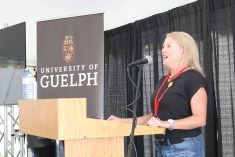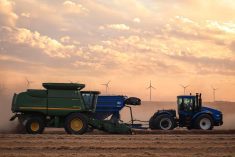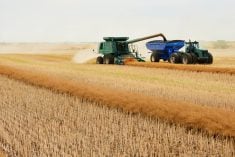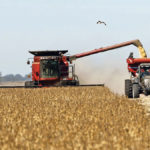BALI, Indonesia — Veteran trade negotiations observer John Masswohl says it is time for some key trade organizations to begin rethinking whether the mandates they established years ago are still relevant.
As well, he said World Trade Organization members should consider putting the Doha Round mandate “out of its misery” if progress isn’t made now.
The Canadian Cattlemen’s Association director of government and international relations is in Bali this week to observe a WTO ministerial meeting and to represent the CCA at a meeting of the Cairns Group farm leaders.
Read Also
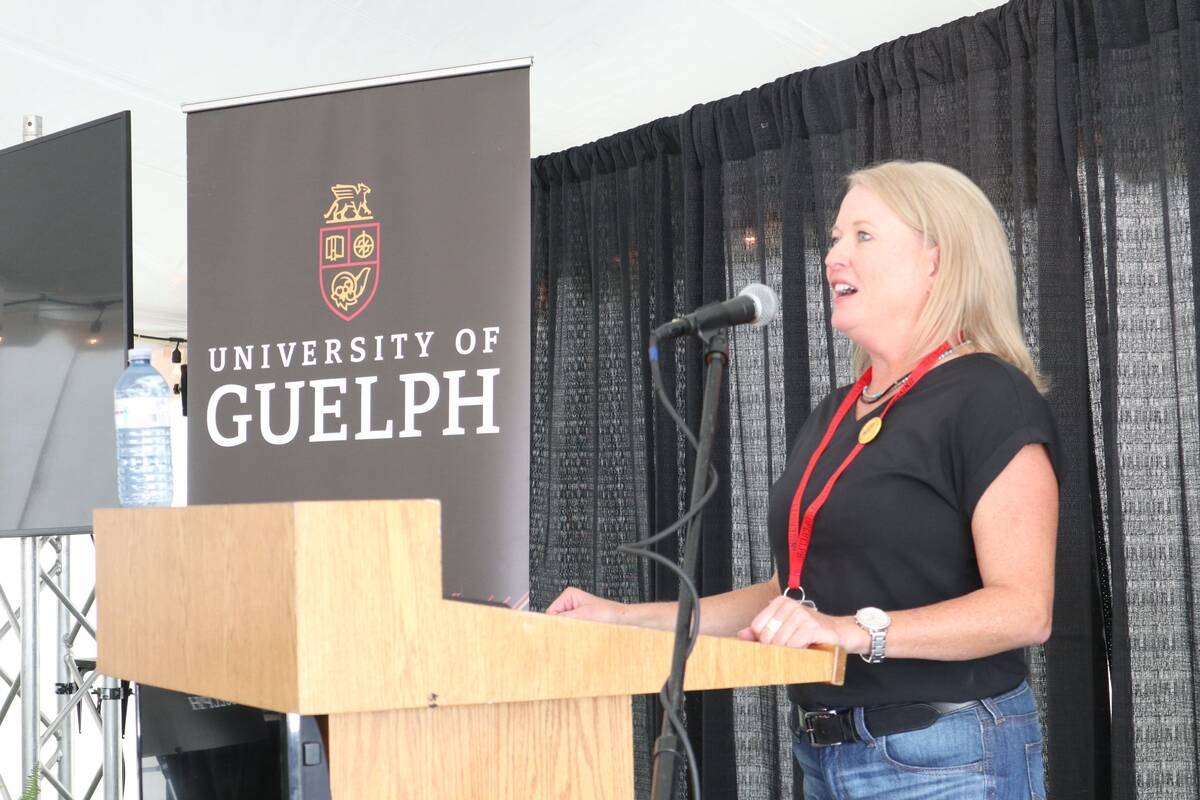
Improving calf health, fighting pesticide resistance highlighted at Canada’s Outdoor Farm Show
New strides in agricultural innovation including improving calf health, fighting pesticide resistance were the featured topic at the University of Guelph Feeding The Future discussion at Canada’s Outdoor Farm Show 2025.
He said the WTO and Cairns should consider whether changes are needed to reflect changing realities.
The WTO continues to pursue the mandate set 12 years ago in Doha, even though the world has changed considerably since then and little progress has been made.
This week, ministers and delegates from 159 member countries are struggling to approve a limited package of agriculture and trade reforms. It would be the first progress on the Doha mandate since it was launched in 2001.
“I don’t think the Doha mandate is relevant at all,” said Masswohl.
“If they can’t get this package through this week, they should put Doha out of its misery.”
He said the trade organization should step back from the policy that any agreed deal must be comprehensive or there is no deal.
“It used to be that incremental progress was the goal but now it is all or nothing, and that is difficult in an organization this large and with vastly different needs and goals,” he said.
WTO members range from economic giants to tiny island nations, and each has a veto over any deal.
Similarly, he said the Cairns Group, which was created in 1986 by exporting nations united in lobbying for an end to a U.S.-European Union export subsidy trade war, should face the fact that conditions and the policies of some of its members have changed during the intervening 27 years.
Members now include exporters and importers, both developed and developing, with often-divergent goals in trade policy.
Masswohl noted, for instance, that Argentina was a founding member as an aggressive grain exporter but more recently it has taxed exports as a way to impede trade so food stays in the country and food prices are reduced.
He said the goal of fighting subsidies and promoting freer trade remain valid, but the 1986 founding principles were forged in a different time.
“Remember, back then agriculture, ‘was how do we deal with supply,’ ” he said. “Now demand and the need for supply is the issue. Times and membership interests have changed.”


